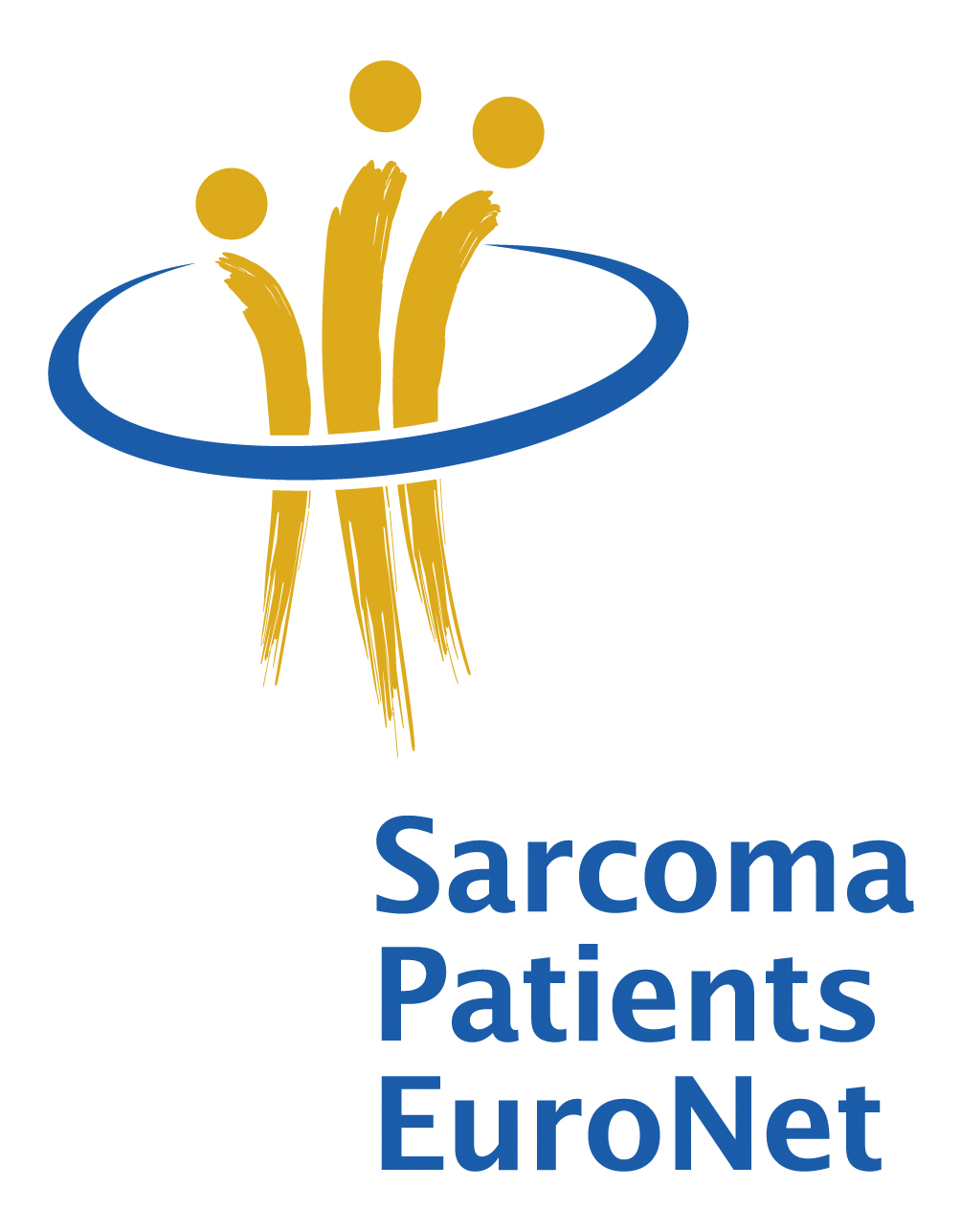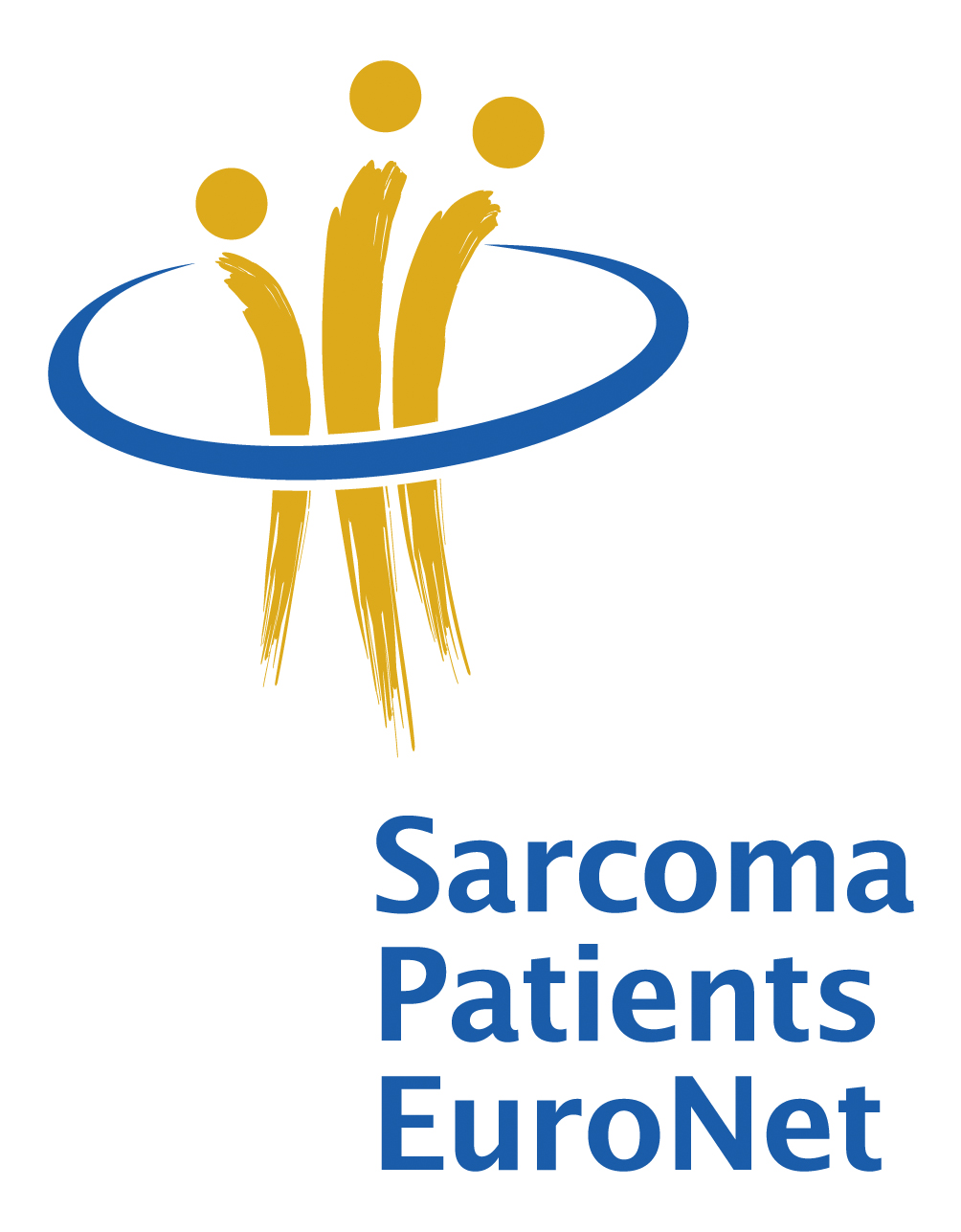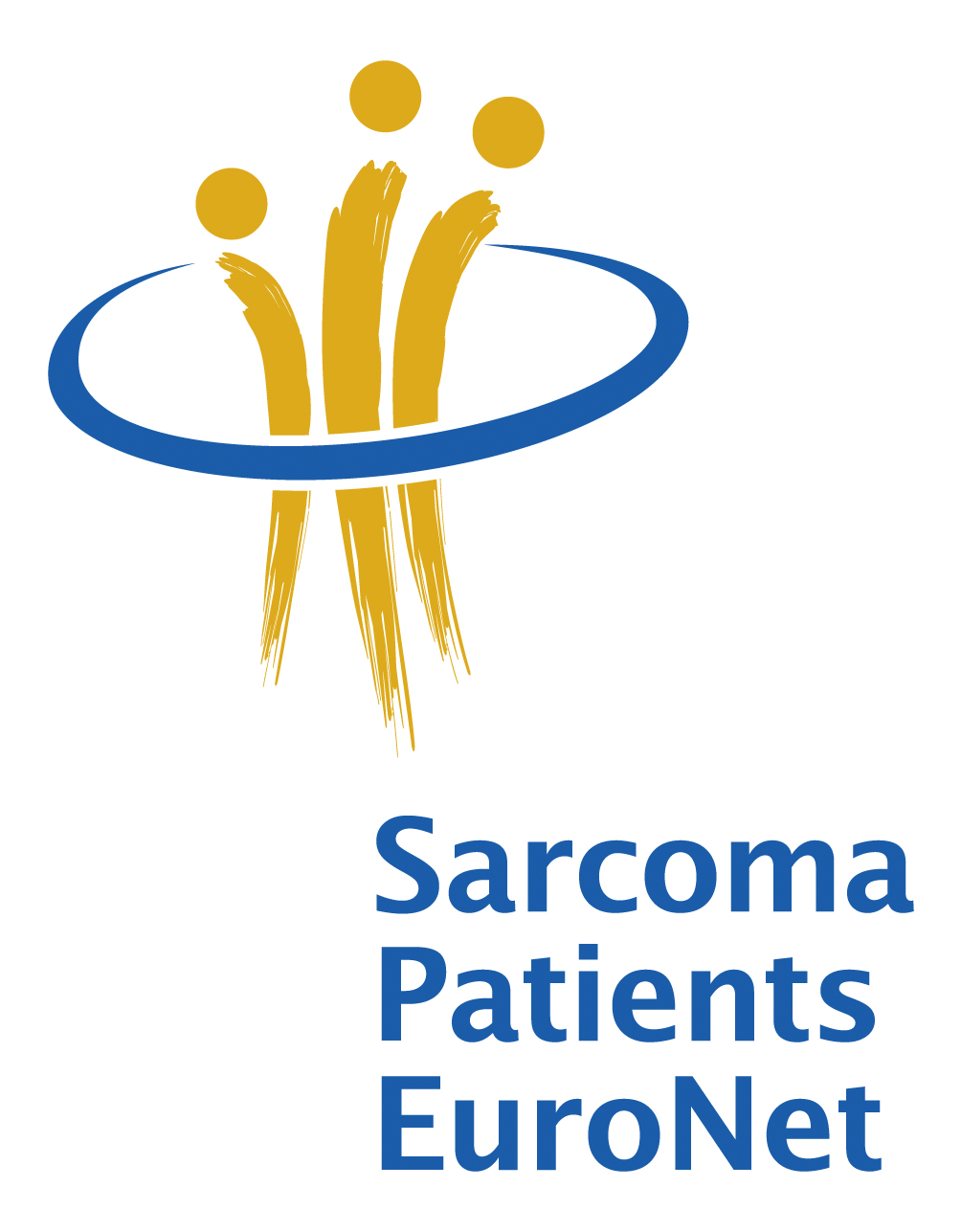Generics have been part of the prescriptions in cancer therapy for quite some time now. And the numbers grow: According to recent figures mentioned in Cancer Work in a total global oncology drugs market approaching $100 billion, revenues from generics are growing at twice the rate of the market as a whole. They will reach more than $20 billion by 2018.
Now one of the first targeted therapies, Imatinib (Glivec®/Gleevec®), becomes generic: The patent expired or will expire for the treatment of Chronic Myeloid Leukaemia (CML) in different countries. Even though the patent for Imatinib in GIST isn’t running out until approximately 2021, generic Imatinib might be offered to GIST patients as well. That is why we want to provide you with some valuable background information about generics and answer some of the questions you might have.
Read more in the pdf Generics Backgrounder (252 KB)
The CML Community/CML Advocates Network has been closely following the developments for the past 3 years on TKI generics and has put together a webinar to summarize the current status.
The webinar answers some important questions, e.g. What are generics, and do they differentiate from innovator products? Which generic products of CML Tyrosine Kinase Inhibitors exist? What do we know about efficacy and safety? What information on CML generics is available to patients? What has the patient advocacy community done so far? What can patients and patient advocacy groups do about CML generics?
With the Glivec patent about to expire in most countries please click here and watch this important webinar with the latest updates.
See http://www.cmladvocates.net/110-news/725-webinar-generic-tkis-in-cml





